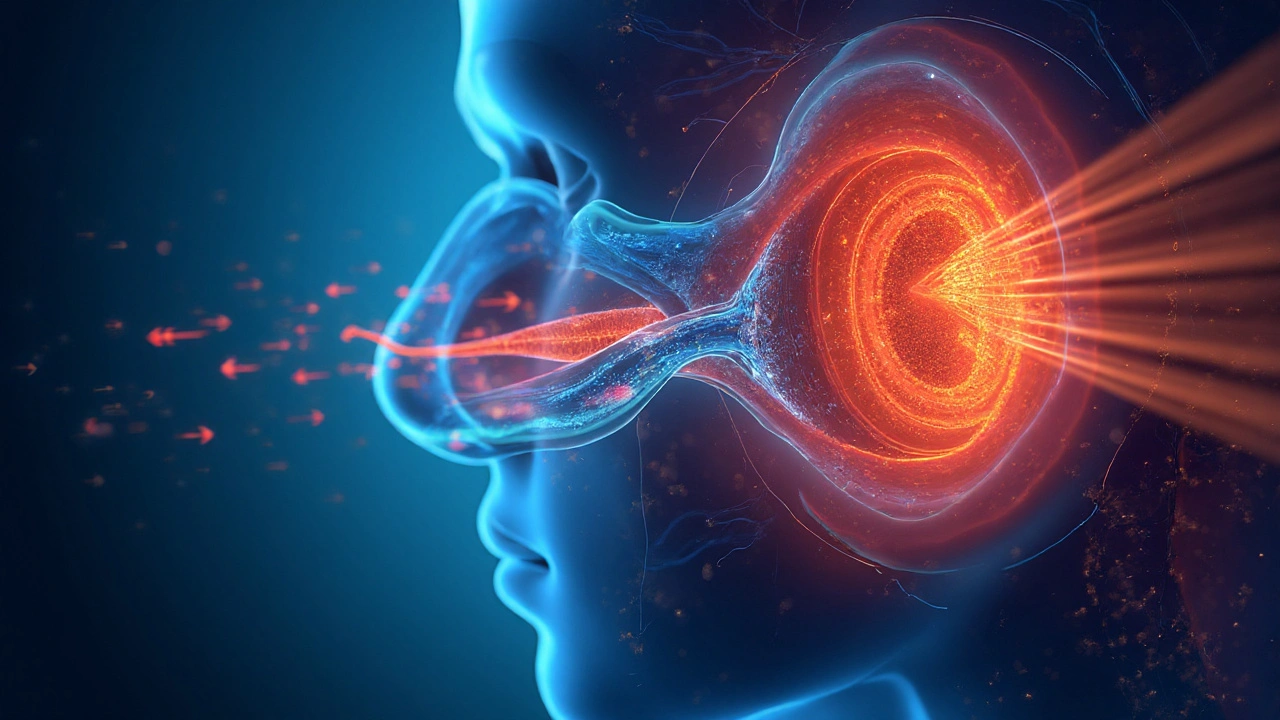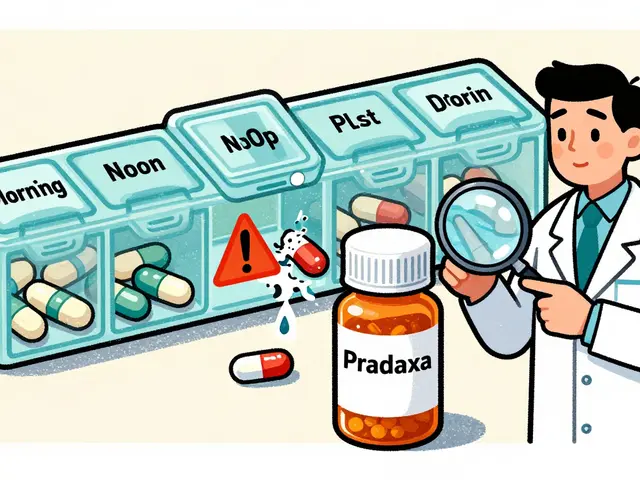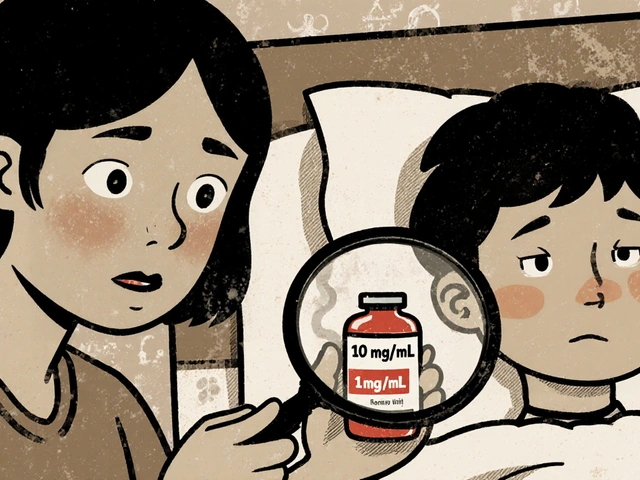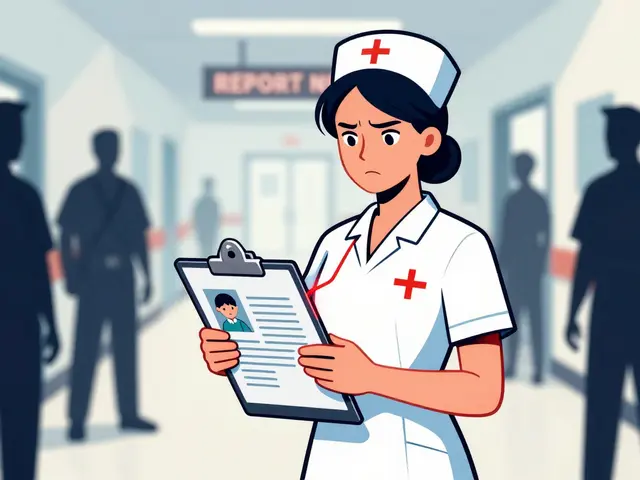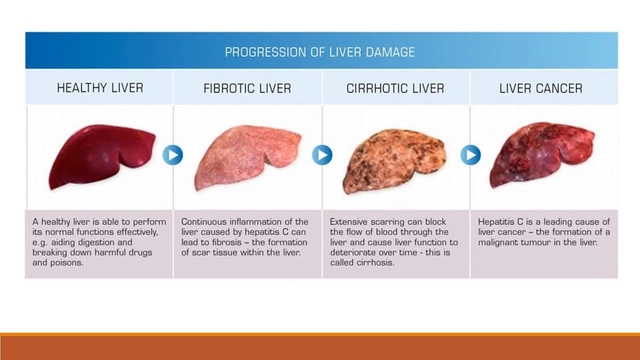Dizziness – Causes, Symptoms, and What to Do
When you experience dizziness, a sensation of lightheadedness, unsteadiness, or a spinning feeling. Also known as vertigo, it often points to issues with the inner ear, abnormal blood pressure, or medication side effects.
The inner ear houses the vestibular system, a tiny network of fluid‑filled canals that tells your brain where your head is in space. When those canals get inflamed, infected, or receive the wrong signal, the brain receives mixed messages and you feel the world spin. This is why conditions like benign paroxysmal positional vertigo or labyrinthitis show up first as dizziness. Understanding that the vestibular system is a balance organ helps you see why head movements, sudden changes in posture, or even a cold can tip the scale.
Common Triggers and How to Identify Them
Blood pressure swings are a frequent culprit. A sudden drop—known as orthostatic hypotension—can happen when you stand up too fast, after a long bout of dehydration, or as a side effect of diuretics. Conversely, very high blood pressure can strain the brain’s blood vessels and create a pressure‑filled lightheadedness. Checking your pulse or using a home cuff gives a quick clue whether your blood pressure is out of whack.
Many prescription and over‑the‑counter drugs list dizziness as a listed side effect. Antihistamines, blood pressure meds, antidepressants, and even some antibiotics can alter the way your brain processes balance signals. If you’ve started a new medication and the spin kicks in within days, note the timing and discuss it with a pharmacist. Knowing which drugs can cause medication side effects saves you unnecessary worry and can lead to a dosage tweak or a safer alternative.
Other everyday factors sneak in, too. Low blood sugar from missed meals, dehydration from hot weather, or anxiety‑driven hyperventilation each flood the brain with stress hormones that mimic vertigo. Simple tests—like sipping water, eating a small snack, or practicing slow breathing—can rule out these reversible causes before you chase a specialist.
Red‑flag symptoms demand a prompt medical eye. Sudden, severe headache, vision loss, slurred speech, chest pain, or fainting spells aren’t normal dizziness; they may signal a stroke, heart attack, or inner ear bleed. If any of these accompany the spin, call emergency services right away. Otherwise, a primary care visit can start with a basic exam, blood work, and perhaps a balance assessment using the Dix‑Hallpike maneuver.
Self‑care steps can keep the spin at bay on most days. Stay hydrated, stand up slowly, and keep a regular eating schedule. Balance exercises—like standing on one foot while brushing teeth—strengthen the vestibular system over time. When you feel a wave coming on, pause, sit down, and focus on a fixed point for a few seconds; this can reset the brain’s interpretation of motion.
Below you’ll find a curated set of articles that dive deeper into each of these angles—whether you need to pick a safe online pharmacy for medication, learn how blood pressure meds influence your balance, or get practical tips for managing vertigo during travel. Browse the collection to see which insight fits your situation best.
